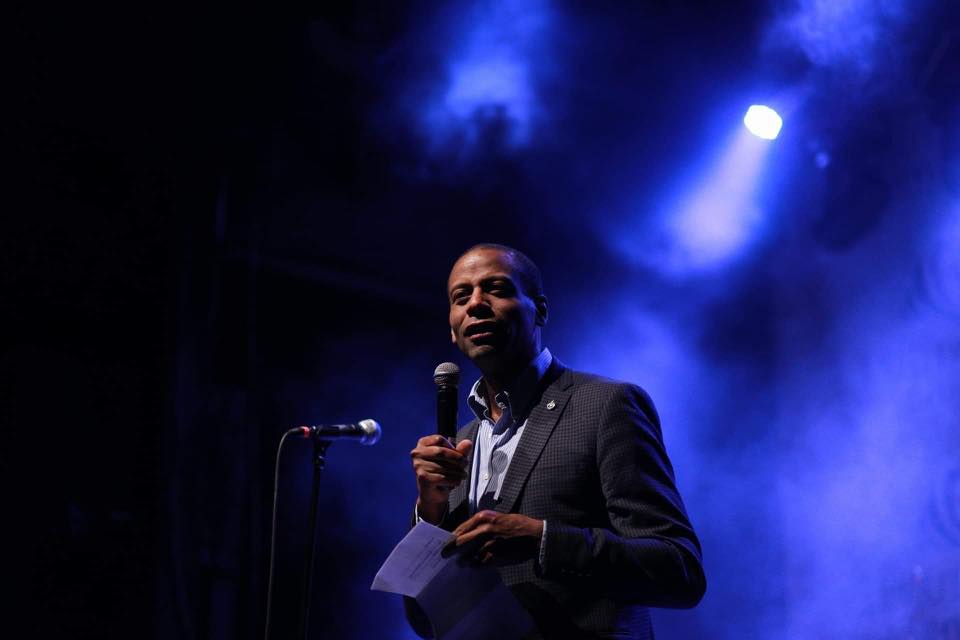
OTTAWA — Federal efforts to address systemic issues affecting black Canadians appear to have stalled one year after the prime minister made it an issue, says the head of Parliament’s black caucus as he put words to simmering frustrations with the slow pace of change.
It was a year ago that Prime Minister Justin Trudeau called for action to ensure equal opportunity and treatment for the more than one million black Canadians to address the “very real and unique challenges that black Canadians face,” including anti-black racism.
The cross-party caucus chairman, Greg Fergus, a Liberal MP from Quebec, described Sunday how the words were the culmination of a long lobbying effort that included politicians from different parties, political assistants and grassroots organizations.
Fergus said he thought the speech would mark a change in how the federal government interacted with black communities.
Instead, he said, the bureaucracy, which moves the machinery of government, doesn’t seem to have responded.
“I thought once you get the prime minister saying it, the whole system responds. But I have discovered how mistaken I was,” Fergus said during a panel discussion at a national summit Sunday.
“If there is not buy-in from the public service — if the public service, the machinery of government is not reflective of the diversity of the country, and doesn’t see that the black community is an important community that you want to deal with — it’s like Astroturf … it exists on the top but there are no roots.”
The two-day National Black Canadians Summit, which was the second one organized by former governor general Michaelle Jean’s foundation, kicked off Saturday.
The first summit laid out areas where the federal government needed to prioritize for work or strengthen efforts.
This time around, the aim is to connect different groups to mobilize the voices of the 1.2 million black Canadians to effectively lobby politicians as the country lurches towards a federal election in the fall.
Fergus’s comments put into focus frustrations voiced during the summit about federal efforts under the banner of the United Nations’ International Decade for People of African Descent, which requires governments to address systemic barriers in laws, services and housing, for instance, for black communities.
Fergus suggested his experience over the last year shows that lobbying isn’t a one-time event, but a constant push.
The Liberals have promised $19 million over five years for mental health and youth programs for black communities, and $23 million more over two years that included money for a broader anti-racism strategy, as part of its efforts.
The election is a chance to amplify the voices of black Canadians, said Richard Picart from the Federation of Black Canadians.
“This community, my community, is becoming more active politically,” he said.
“It’s becoming more difficult to ignore the black elephant in the room.”
A lobby day is planned for Monday where dozens of representatives attending the summit will meet with cabinet ministers and MPs to put forward specific asks and put black voices into the political conversation.
“The message is nothing can happen without us. We’re in. We are in and we need to be considered,” Jean said.
“We’re saying here we are and you need to listen to what we are bringing to the conversation.”
The federal government has been able to hire more blacks into the public service, but once in, they don’t seem to rise to the upper ranks, said Liza Daniel, a founding member of the Federal Black Employees Caucus.
She said the employees caucus is finalizing a report about a gathering in Ottawa last month, where participants talked about ways to improve the system for black civil servants.